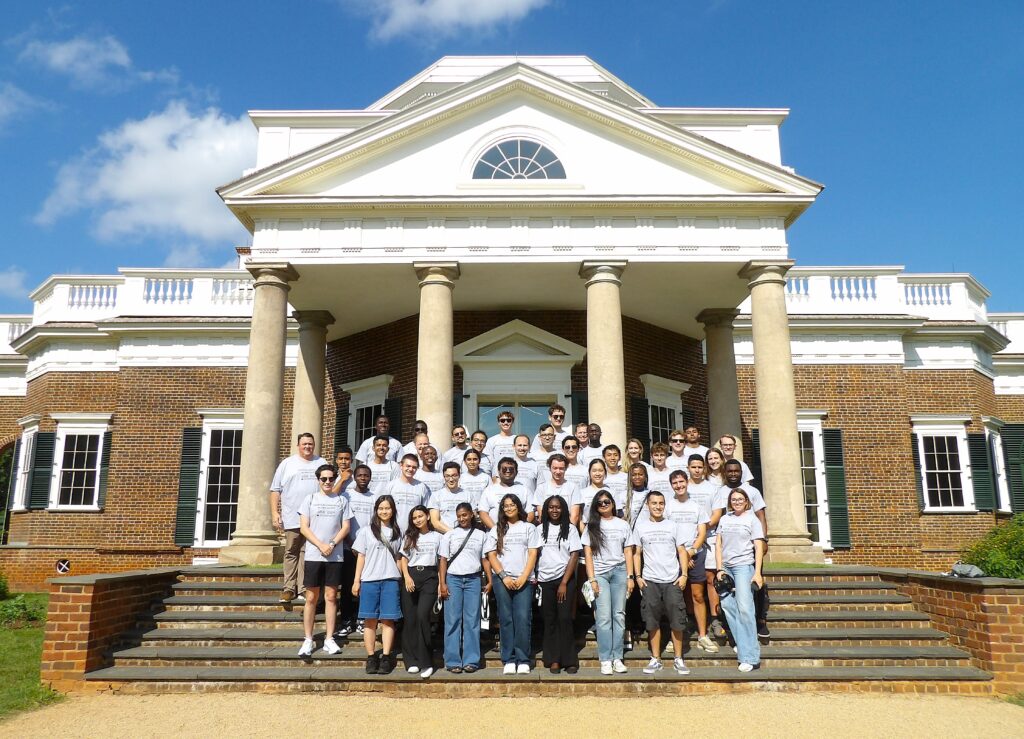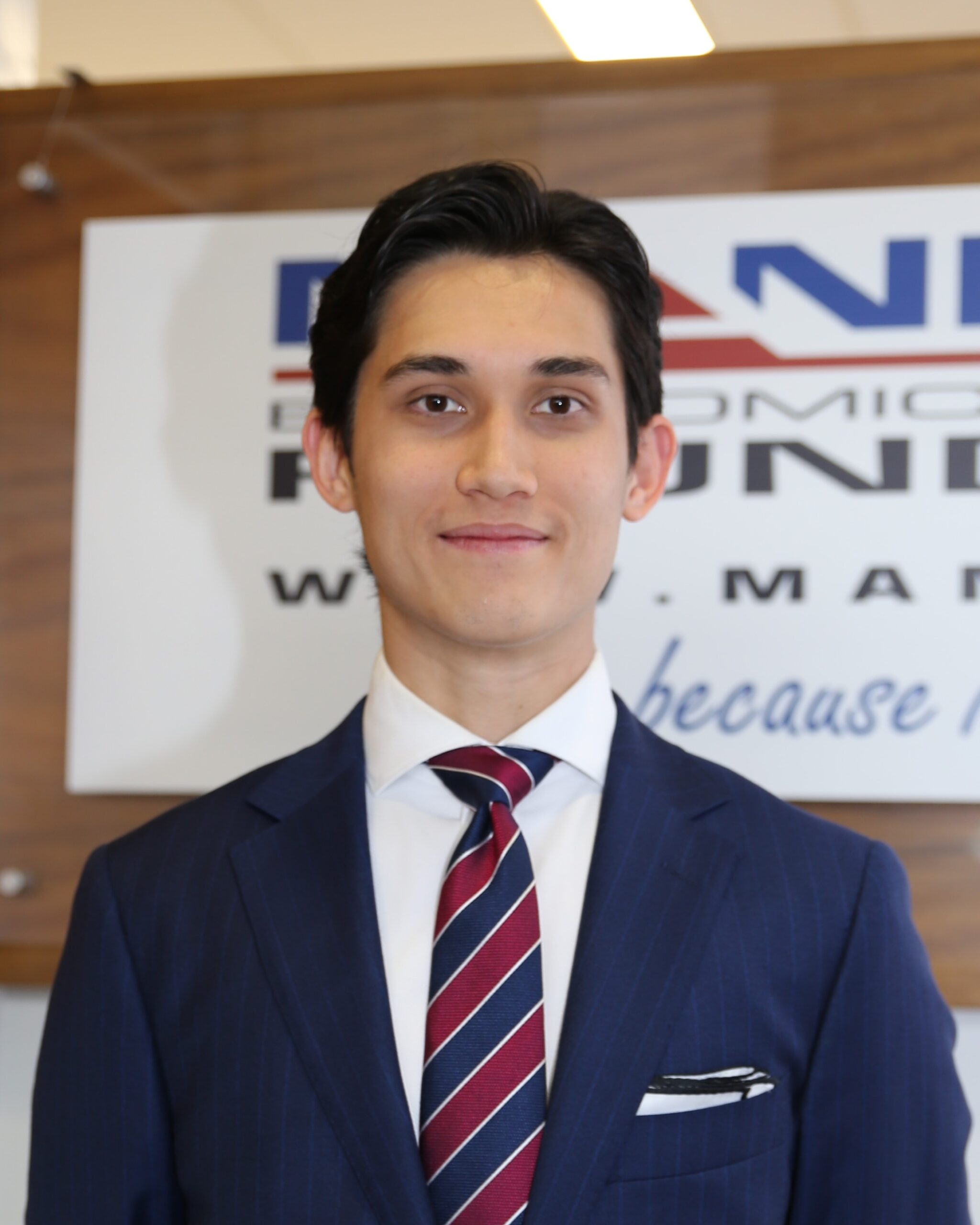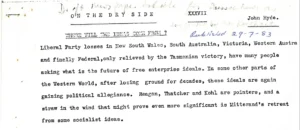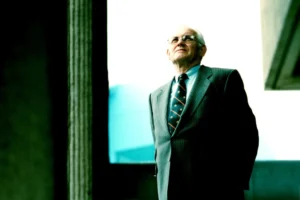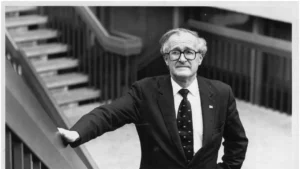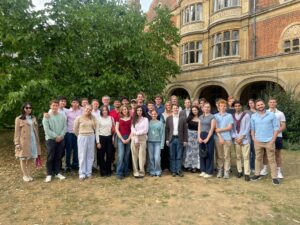Being fortunate to travel and attend conferences in Charlottesville and Chicago has strengthened my ways of thinking and built up my confidence more. Immersed in rigorous discussion by day and night, while mixing in with a diverse cohort of students, I learned to translate theory into action, and remain open to new ideas.
AIER’s seminar explored classical liberalism as both a moral philosophy and an institutional framework. Sessions on the gains from trade and spontaneous order made the economics tangible, while public-choice discussions clarified how incentives shape policy outcomes. A highlight for me was learning about rational ignorance: when the marginal cost of acquiring information exceeds the expected marginal personal benefit, many people rationally remain uninformed. That concept resonated with my experiences living in Istanbul, where daily pressures and limited payoff can make sustained engagement with economics unlikely. Understanding this helped me interpret civic behaviour with more empathy and realism. The program’s mix of lectures and a simulated trading game deepened my appreciation for predictable rules, property rights, and competition as the conditions that reduce uncertainty for startups and encourage experimentation.
The Great Connections was a week of text-anchored Socratic dialogue under the theme “Knowing yourself is the beginning of all wisdom.” Close reading of Aristotle’s De Anima and Four Causes sharpened definition discipline and design thinking; Locke and Menger clarified property, scarcity, and value creation; Epictetus and Laplace cultivated a habit of focusing on controllables while reasoning in probabilities; Madison and Montesquieu refined my understanding of institutional checks and trade-offs. An improv workshop and the show Camp Whatsitsname, where I volunteered on stage, reinforced active listening, “yes-and” improvisation, and comfort with uncertainty – precisely the dispositions founders need for customer discovery, team problem-solving, and persuasive pitching.
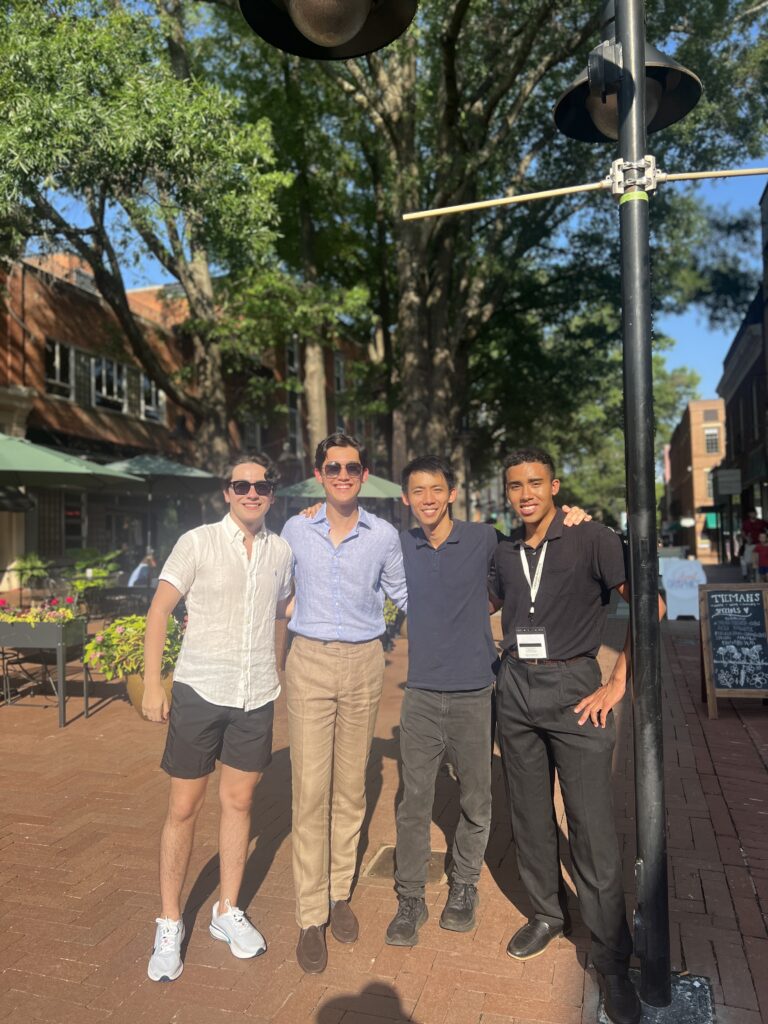
Across both seminars, the strongest lesson was that entrepreneurial ecosystems thrive when governments enable rather than dictate. For Australia—and especially Western Australia – entrepreneurship diversifies the economy, lifts productivity, and creates high-skill jobs when institutions provide clear rules, fast approvals, and reliable access to customers and capital. Excessive compliance and fragmented grants, by contrast, slow the leap from prototype to product.
This aligns with CERI’s mission to cultivate entrepreneurial mindsets and connect innovators to mentors, skills, and commercialisation pathways. In practice, Western Australia can accelerate startup formation; by adopting time-boxed approvals and regulatory sandboxes in priority sectors such as energy, resources, and biotechnology; by opening a streamlined procurement pathway so government can act as a credible first customer for 90-day pilots; by co-investing transparently alongside angels and seed funds to crowd in private capital rather than substitute for it; by expanding mentor density and founder upskilling through hands-on programs with CERI; and by clarifying research-to-revenue pathways via cleaner university IP terms and embedded industry placements. These changes would help more WA ideas cross the “valley of death” from prototype to paying customer.
Free days became small adventures because I try to say “yes” to opportunity. With a nine-hour layover in Charlotte, I booked an Uber into the city with no plan. My driver had a Ukrainian flag on his dashboard; I tried speaking with him in my broken Russian, and we immediately clicked. He gave me a spontaneous tour of the city and took me to his favourite lunch spot; we even got asked to leave the Bank of America building after taking photos of its beautiful interior. It was a reminder that curiosity and initiative can turn idle time into connection.
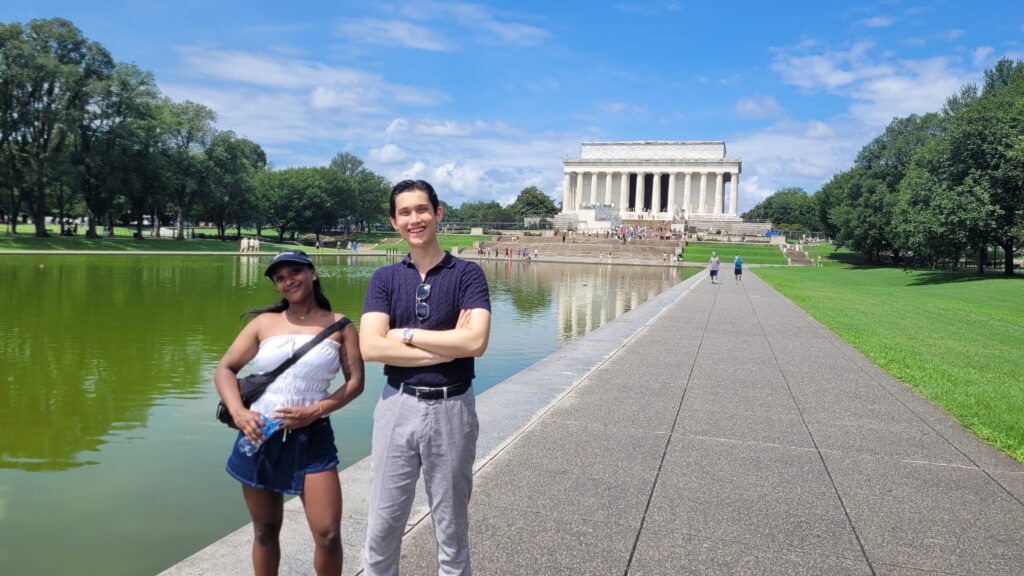
In Charlottesville, a glance at the map made Washington, DC look temptingly close. Flights were over US$1200 until the hotel concierge said, “Just take the train.” We caught the last service that evening; I persuaded fellow scholars Matt and Kimi, fresh from a thirty-six-hour journey, to come. We reached DC at 10pm, and at 1am I was standing with Matt at the Capitol and then the White House. The detour became a highlight: equal parts boldness, logistics, and “yes-and” improvisation. It reinforced the same habits the seminars cultivated—curiosity, comfort with uncertainty, and turning ideas into action.
I am grateful to Mannkal for enabling this learning experience. I hope to share all that I’ve learnt from both seminars with CERI and my peers. The trip sharpened my thinking, expanded my network, and strengthened my resolve to help WA founders move ideas from concept to creation.

